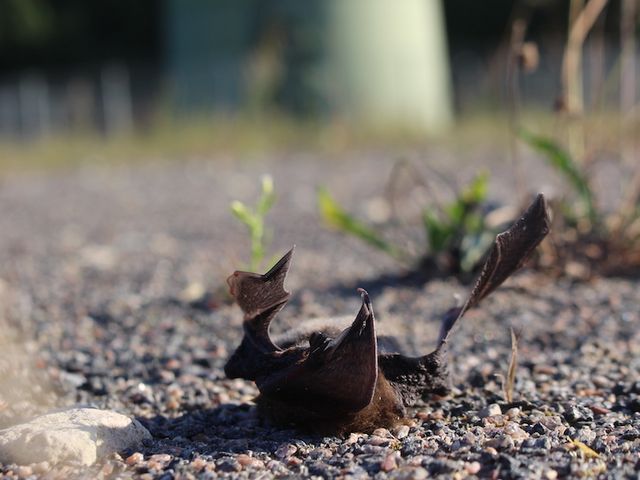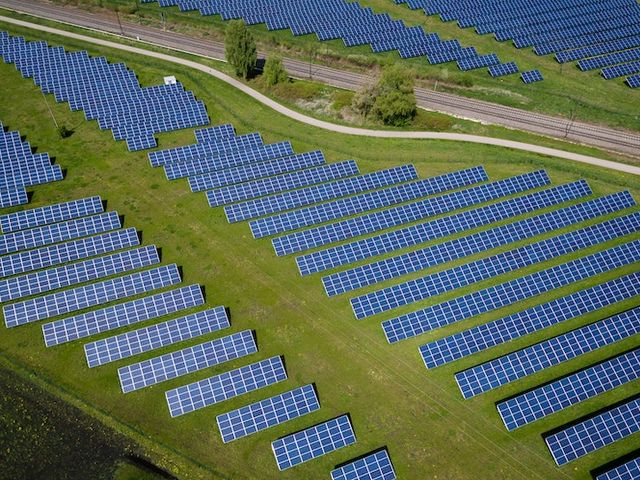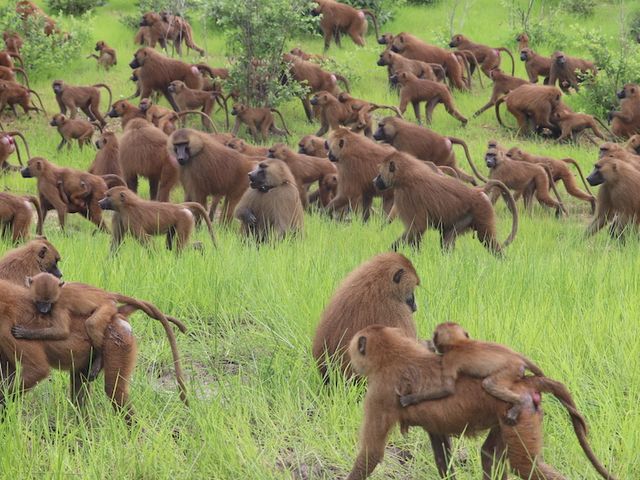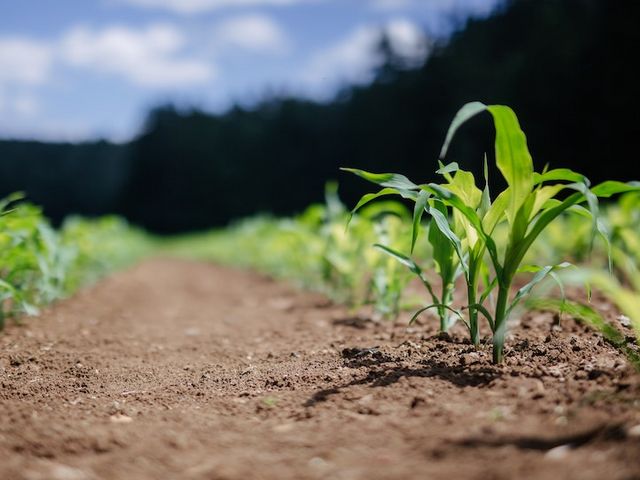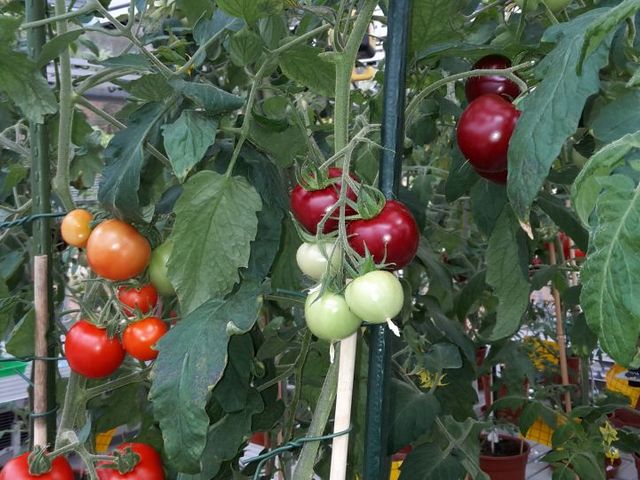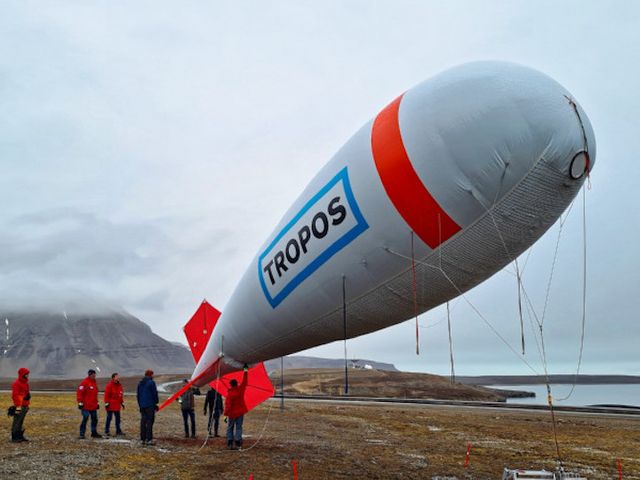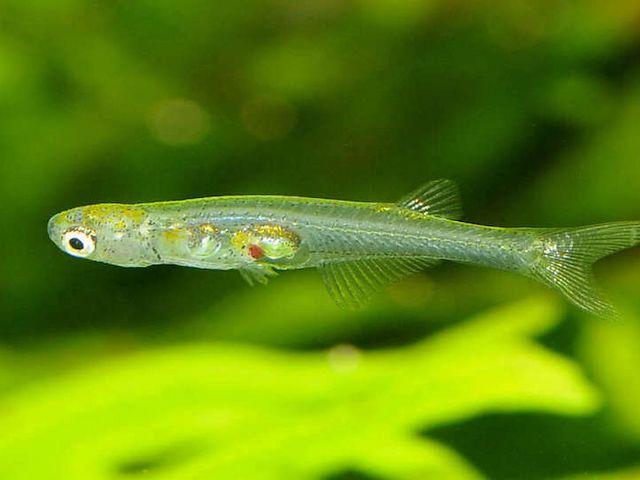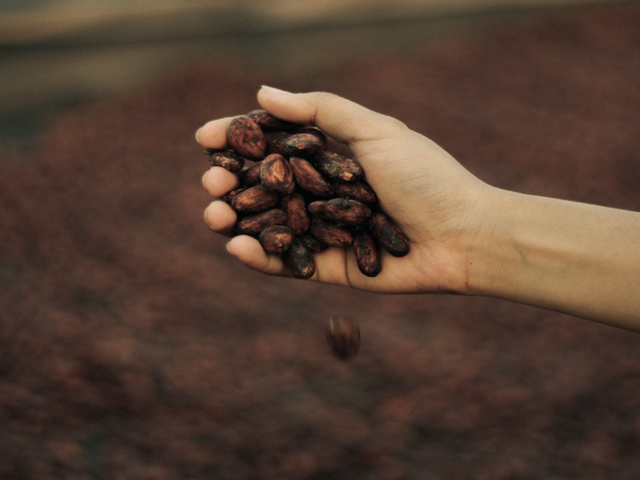
Research news
On these pages you will find a selection of research news from the Leibniz Institutes.
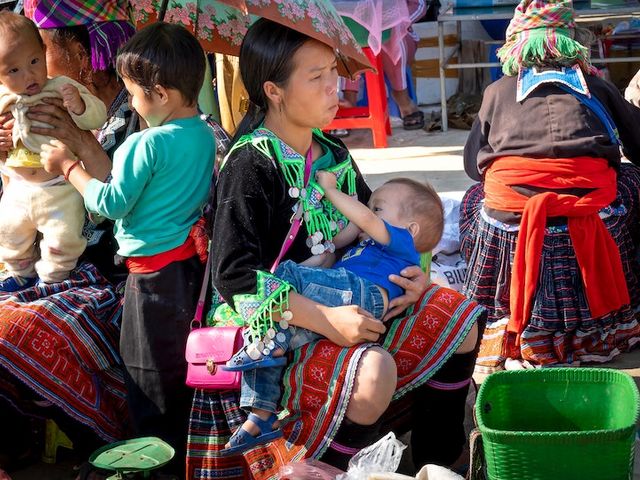
Spicy breast milk?
11/25/2021 · Leibniz-Institute for Food Systems Biology at the Technical University of MunichIn part of a recent study, it was found that after eating pepper, the alkaloid piperine was present in the milk of breastfeeding woman. The findings help decipher mechanisms that shape our food preferences from infancy.
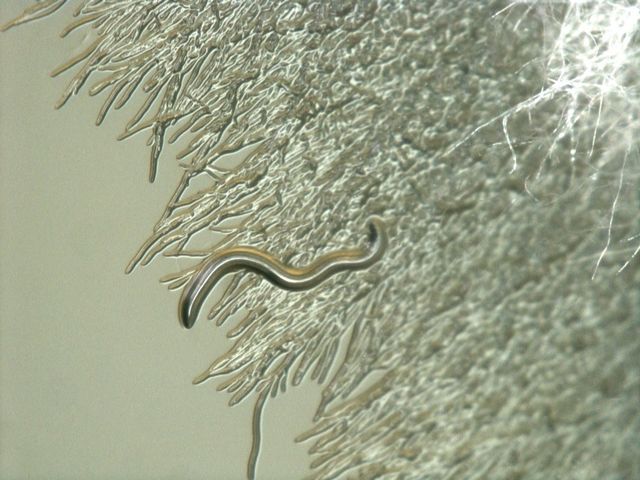
Microbes united against their enemy
09/10/2021 · Leibniz Institute for Natural Product Research and Infection Biology - Hans Knöll InstituteThe symbiosis with a bacterium protects a fungus against its predator. The results open up new approaches for the development of natural biocontrol agents in agriculture.


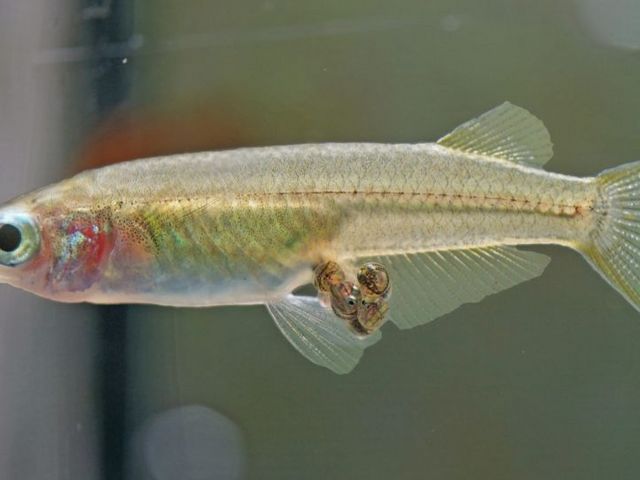
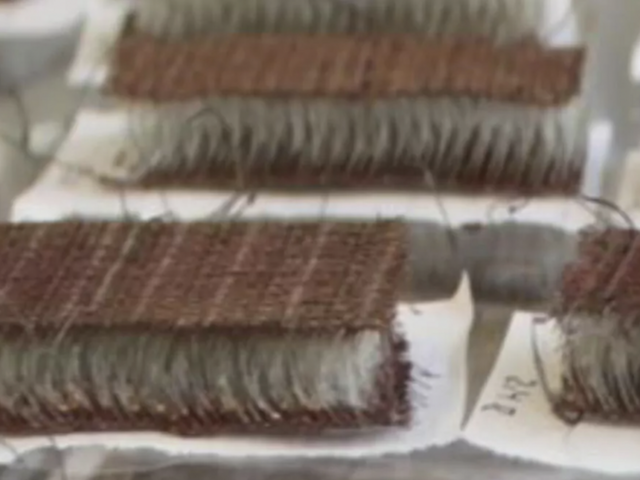
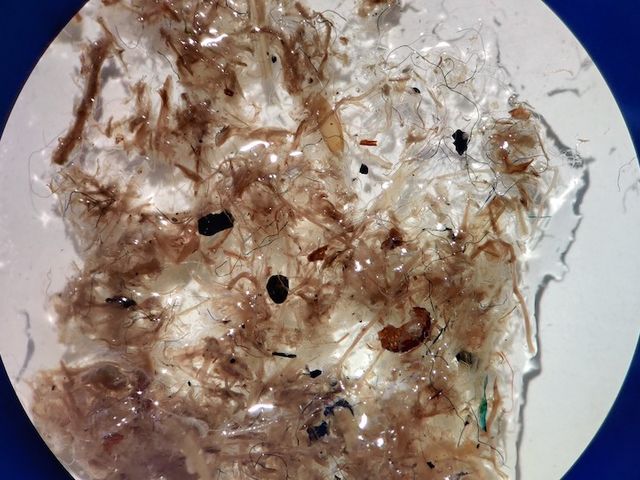

![[Translate to english:]](/fileadmin/_processed_/f/f/csm_Seegraswiesen_Hereon_Bryce-van-Dam_05_da7ba85f8a.jpeg)

